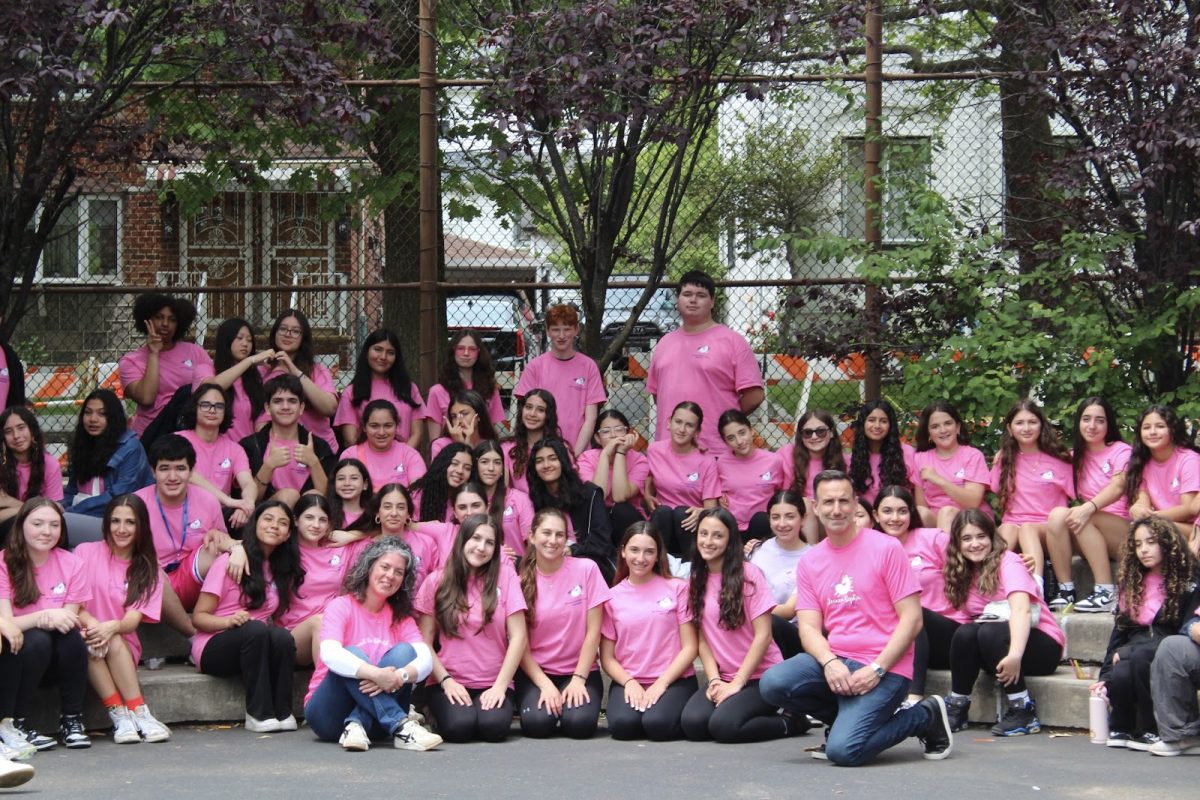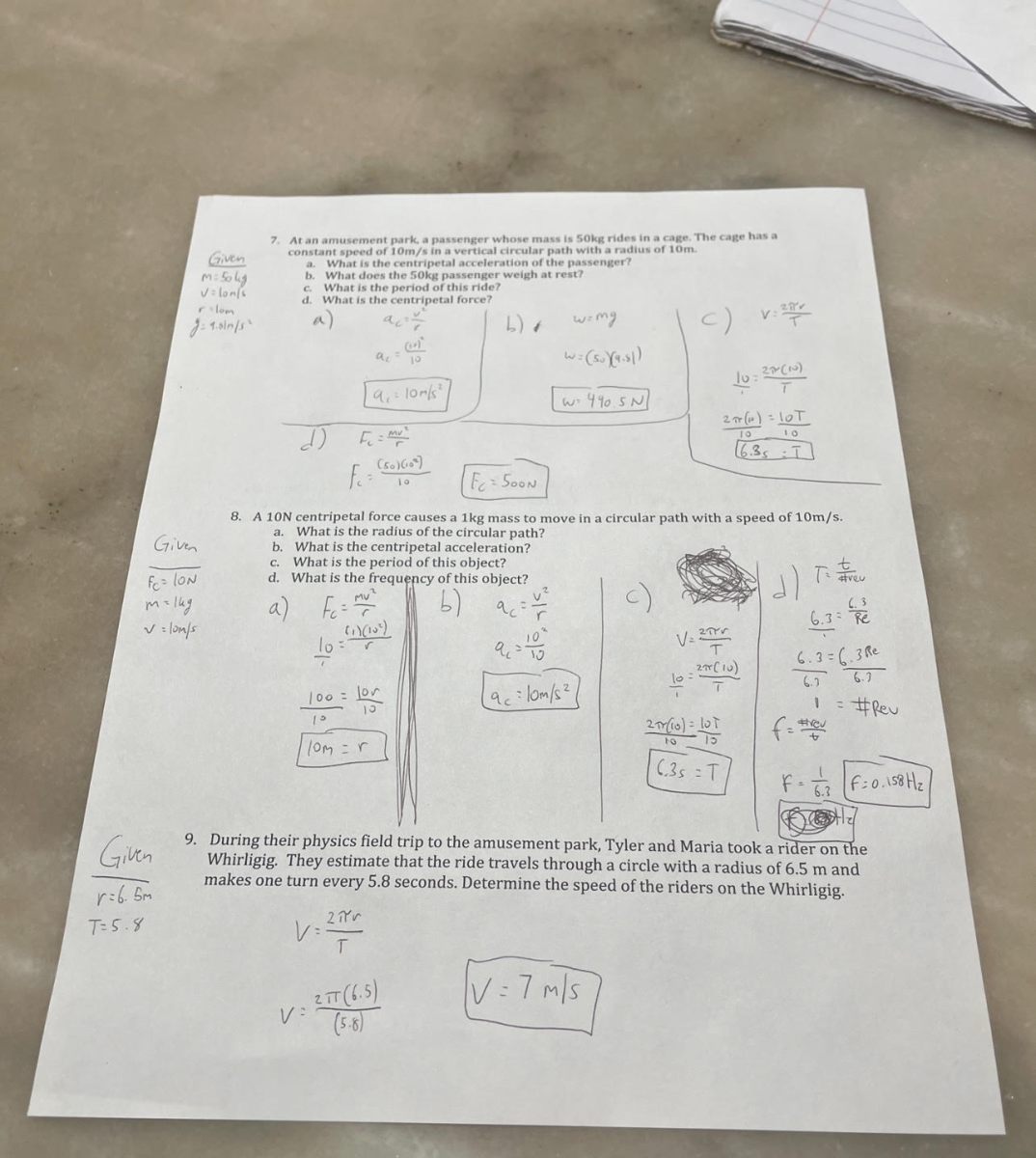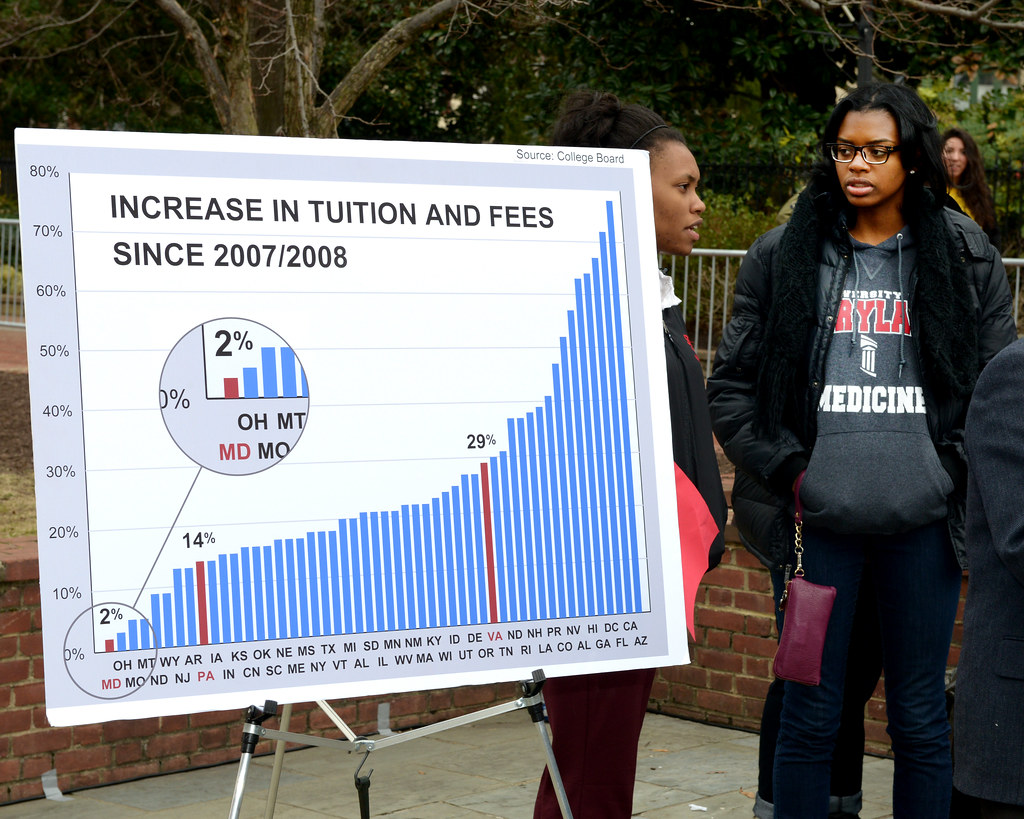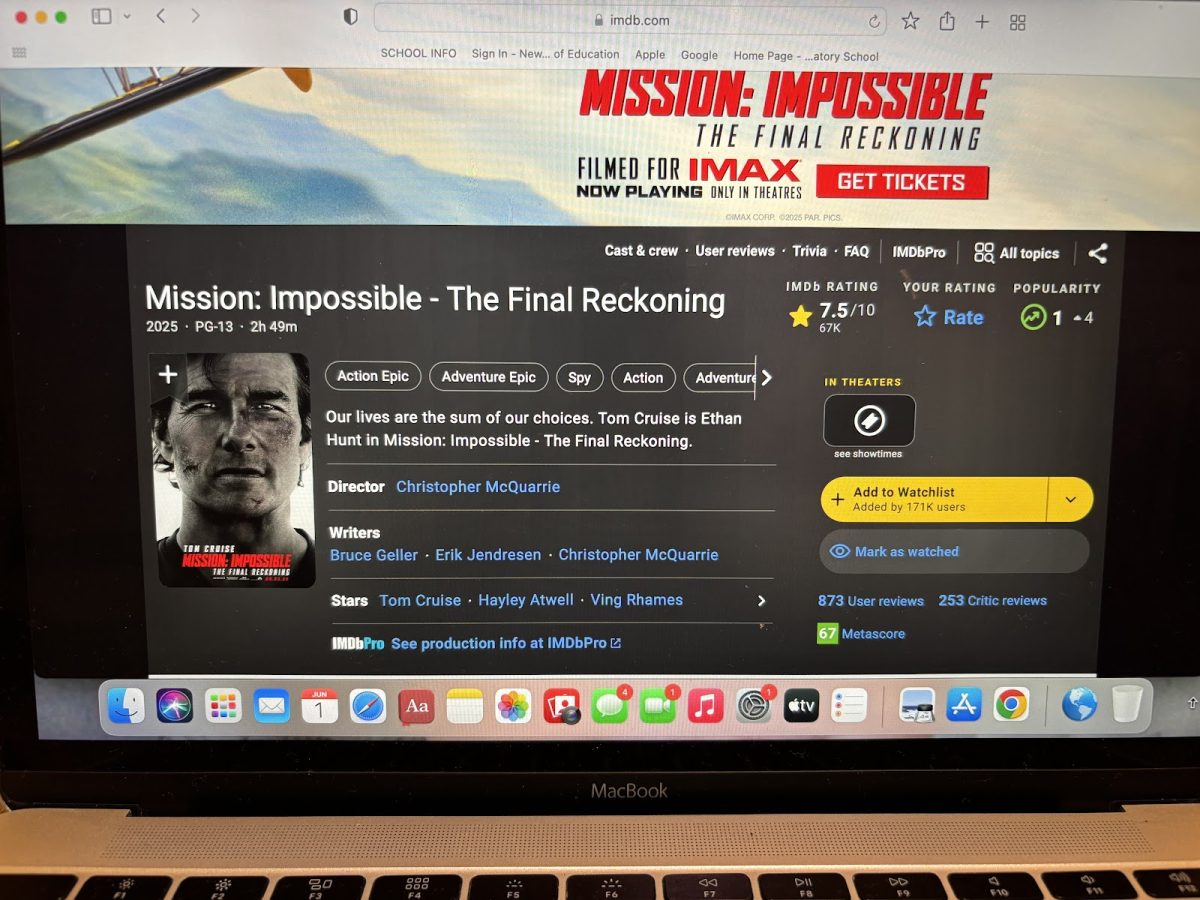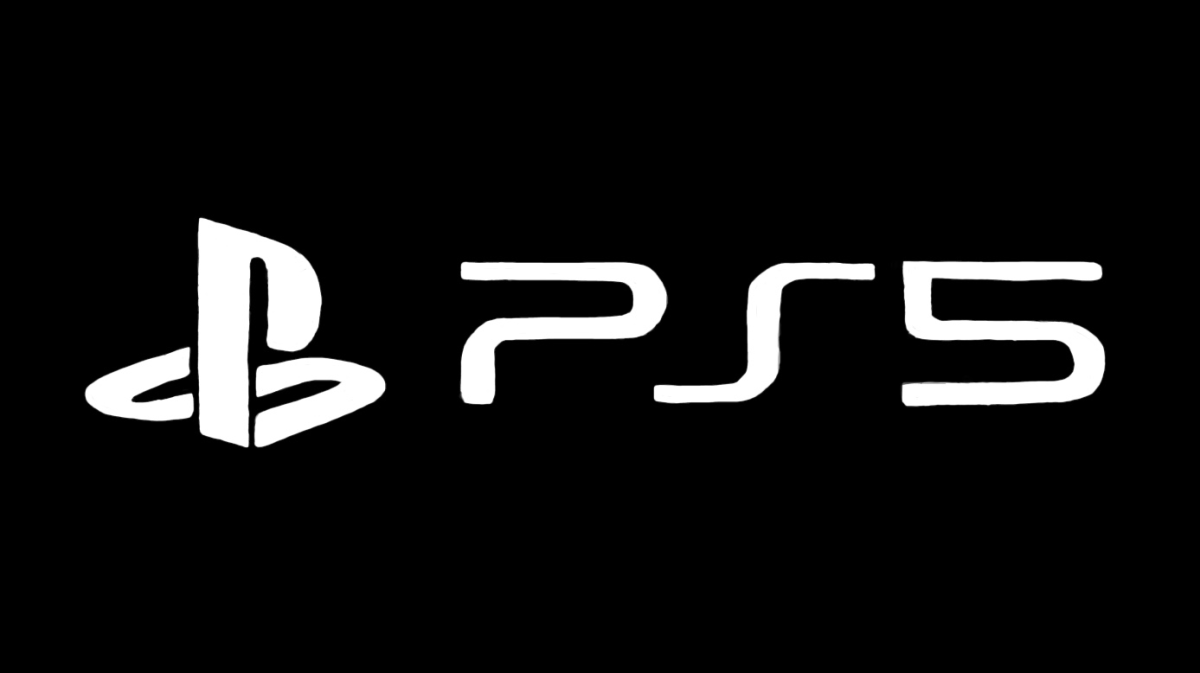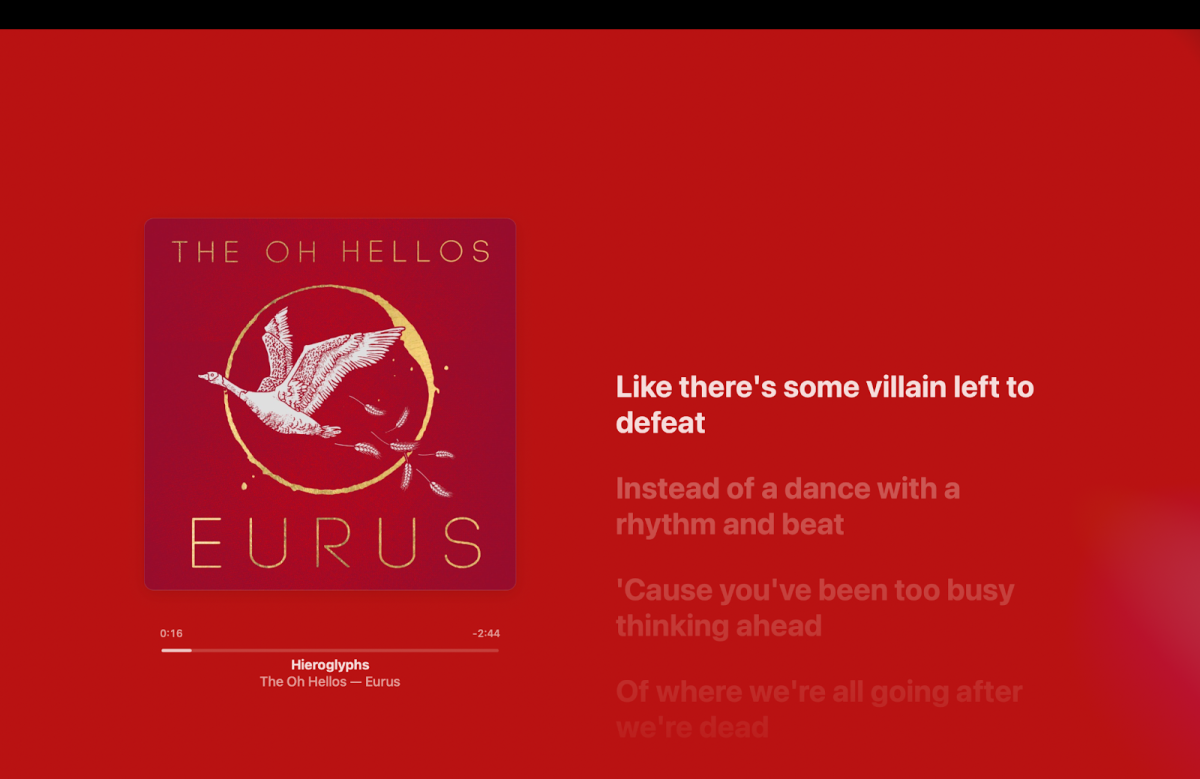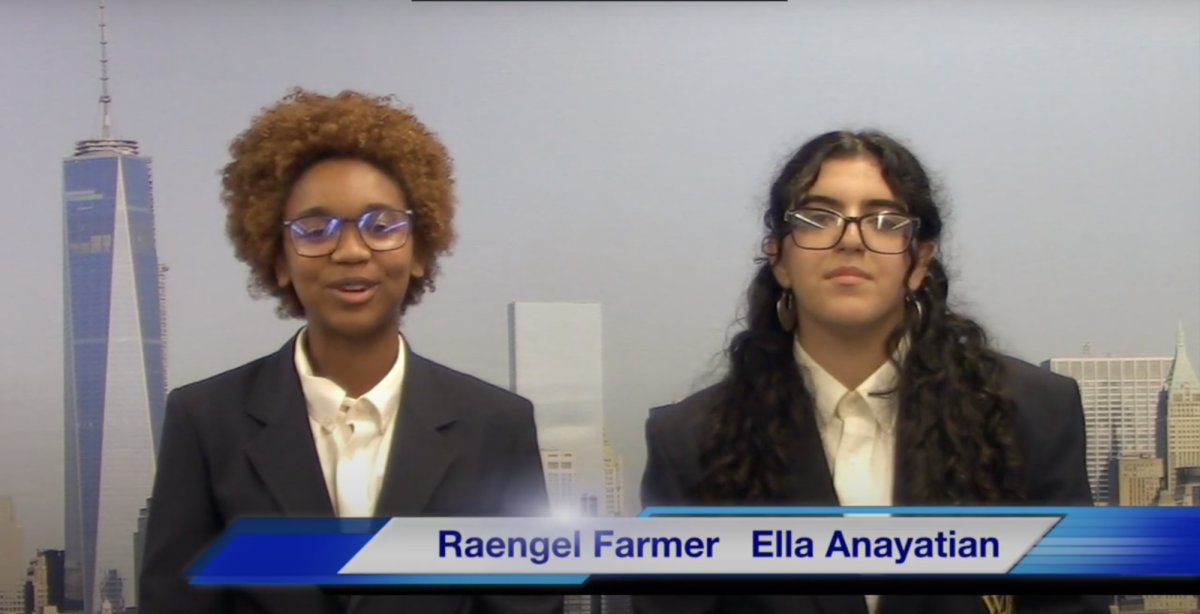It’s a fact; Fortnite has taken over a large population of today’s youth. Since its debut release in 2017, many have become addicted.
From its interactive game modes, to its high level of competitiveness, it’s not hard to see why so many people have become addicted. However, the question remains, just how addictive is Fortnite?
A new lawsuit claims the game is as addictive as cocaine, if not more. Calex Légal, a law firm in Montreal, Canada, is preparing a lawsuit against Epic Games, the company behind the world-renowned game.
The lawsuit claims that when users engage in a game of Fortnite, the brain releases the neurotransmitter, dopamine, in the same way it’s released when a person consumes drugs like cocaine. This stimulus to the brain results in players developing chemical addiction to the game, and becoming dependent on in for pleasure.
According to Techspot News, Alessandra Chartrand, a Calex Legal attorney stated “They knowingly put on the market a very, very addictive game which was also geared toward youth.”
The same lawsuit claims that prior to Fortnite’s public release, Epic Games spent multiple years working with psychologists in an attempt to make the game as addictive as possible.
“Epic Games, when they created Fortnite, for years and years, hired psychologists — they really dug into the human brain and they really made the effort to make it as addictive as possible,” said Chartrand.
“I think Fortnite is extremely addictive. My 10 year old sister, for example, spends nine to 10 hours a day playing it. I think the reason it’s so addictive is because of the vibrant colors, they appeal to younger audiences and get them hooked. There definitely should be a warning screen before you play the game,” said World Journalism Preparatory School senior, Cristina Juarez.
The lawsuit joins many others claiming Fortnite, and many games like it, are intentionally addicting today’s youth, hindering progress in academics and increasing antisocial personality disorder statistics.
The case also notes that the World Health Organization has recently come to the decision of adding ‘Gaming Disorder’ to its International Classification of Diseases.
If you or anyone you know is struggling with gaming disorder, contact the National Helpline for mental disorders and substance abuse at 1-800-662-HELP. “Go out. Have fun. Get the help you need,” said WJPS senior Jason Werner.


